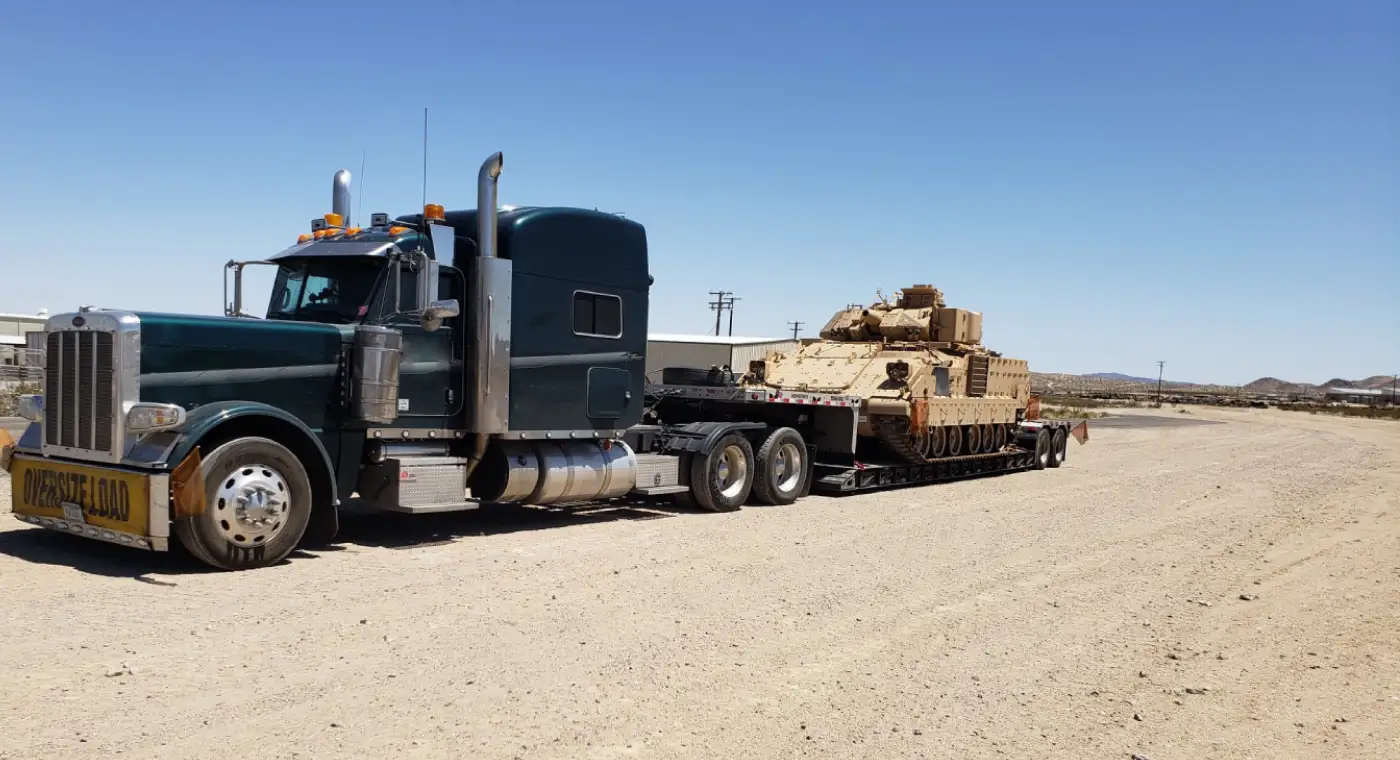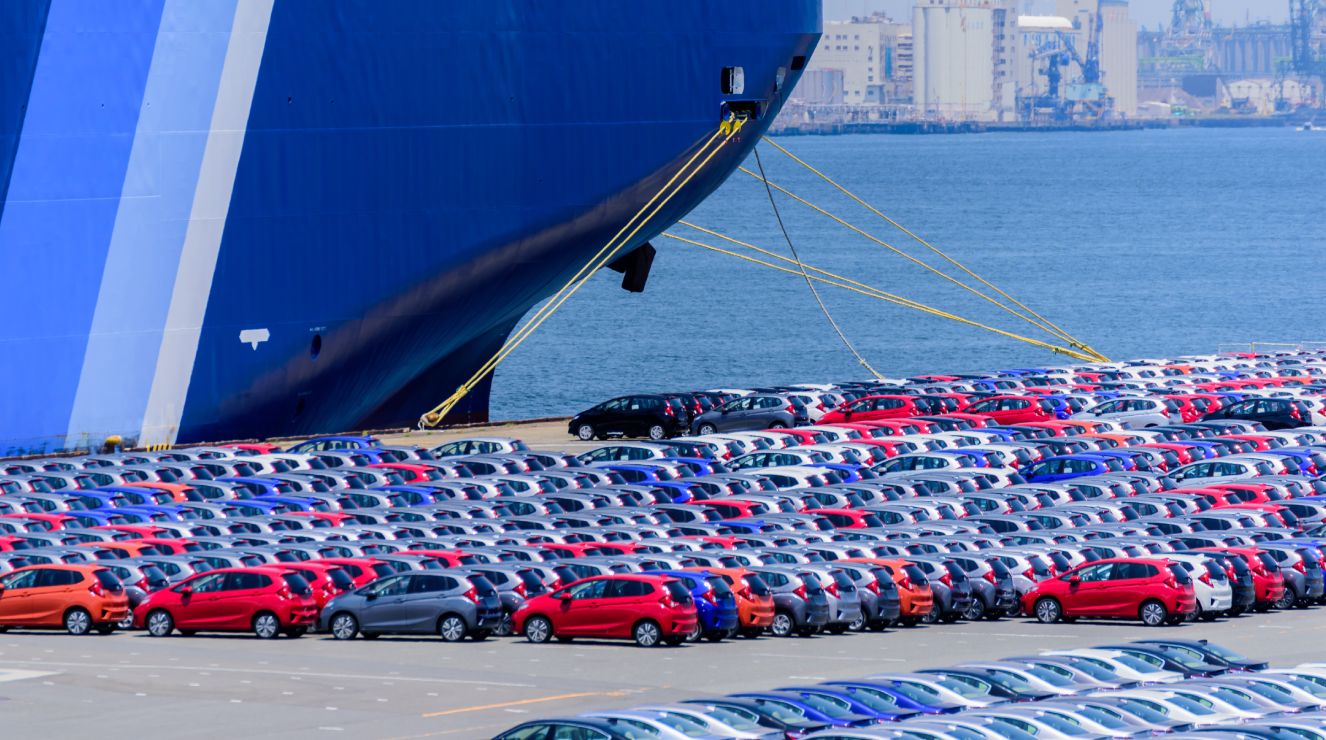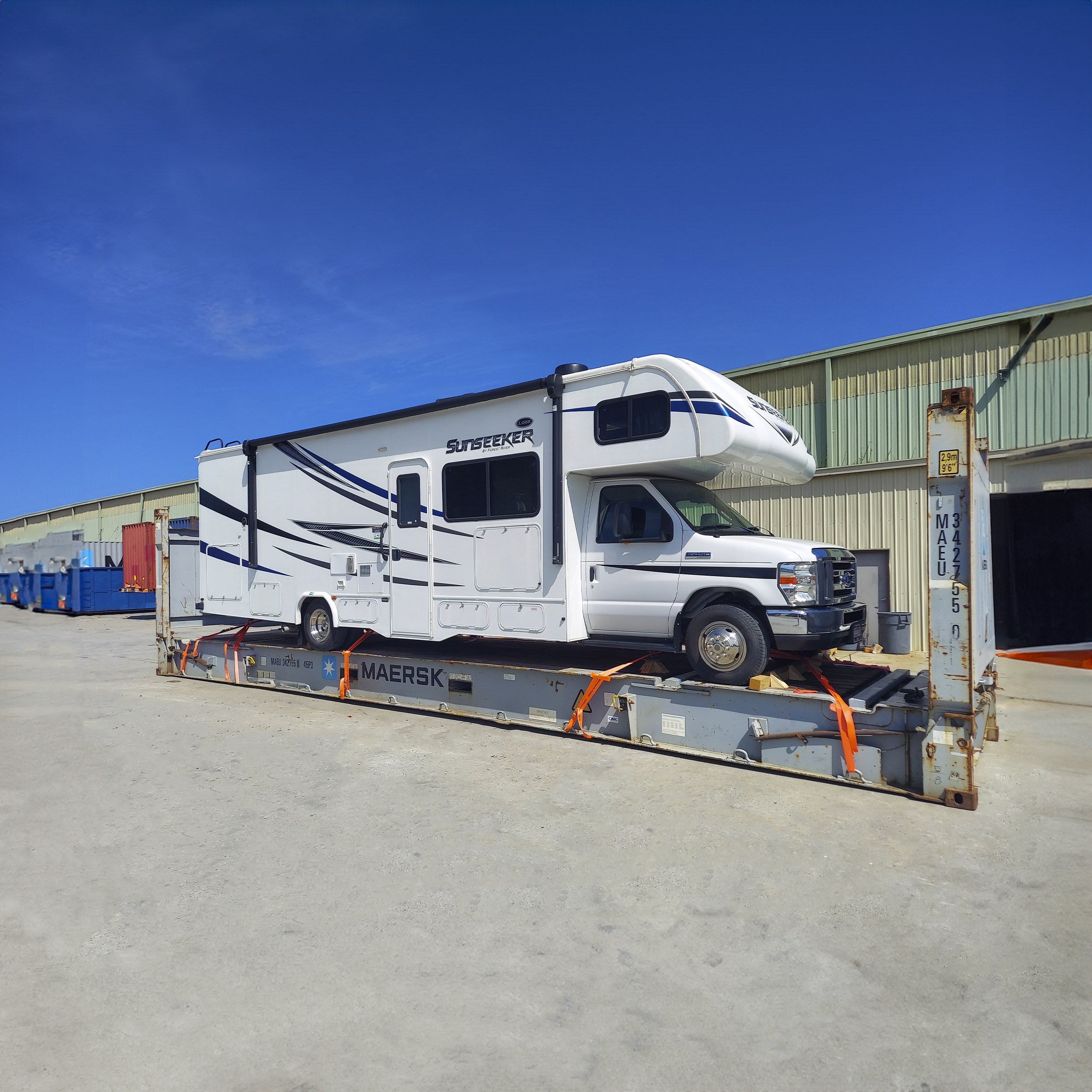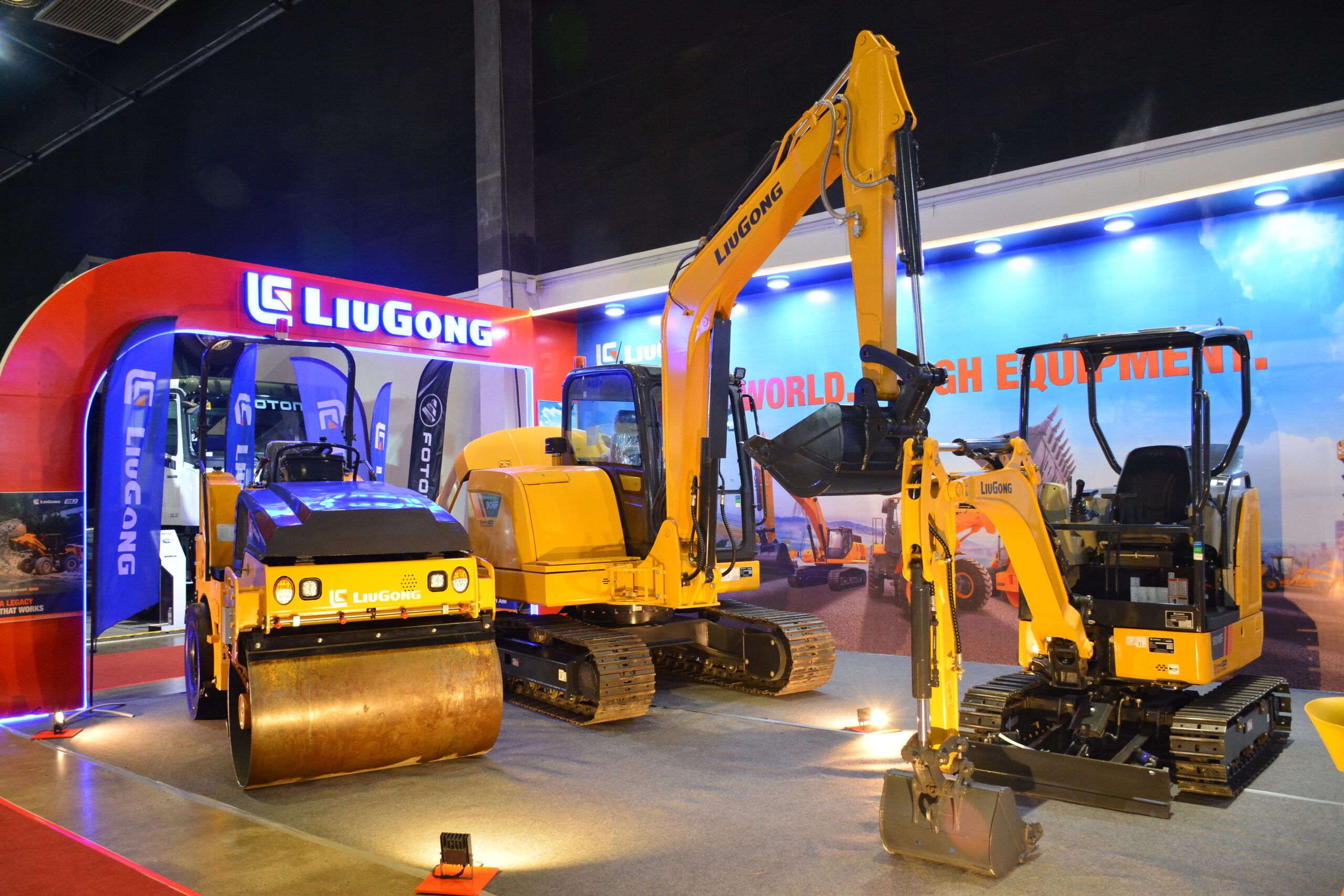
Atlantic Project Cargo is a highly reliable partner for multimodal freight services, transporting heavy and oversized machinery, farming equipment, construction vehicles, marine crafts, perishables, medical supplies, and advanced tech gear to and from the U.S.
Shipping heavy and oversized equipment across international borders demands a comprehensive grasp of the destination country’s trade dynamics, regulations, and industrial stature. In the context of New Zealand, a resilient economy coupled with a solid trade bond with the United States positions it as an attractive destination for transporting such equipment.
Major Industries In New Zealand
New Zealand excels in various sectors, including agriculture, tourism, and forestry. The nation’s fertile lands make it a global leader in dairy and meat exports. Additionally, New Zealand’s forestry sector is significant, with timber being a major export. The tourism industry, driven by the country’s natural beauty and cultural heritage, also plays a pivotal role in the economy.
Facts About New Zealand
New Zealand, often referred to as the “Land of the Long White Cloud,” is a country with distinct features that international businesses must be acquainted with. English is the predominant language, simplifying communication and business interactions for most global entities.
Based on recent data, New Zealand has a population of approximately 5 million people. The country operates in the New Zealand Standard Time (NZST) zone. The official currency is the New Zealand Dollar (NZD), known for its stable exchange rate, offering a consistent financial backdrop for international dealings. Familiarizing oneself with these foundational elements of New Zealand will assist in addressing the business and logistical considerations vital for successful exports to this market.
New Zealand’s Trade Overview

New Zealand maintains active trade ties with several countries, with the United States being a notable partner. The exchange of heavy and oversized equipment is an integral part of this relationship, enhancing the growth of multiple sectors in both countries. Efficient freight and transportation networks support the export and import of such equipment, ensuring punctual and secure deliveries.
Exporting To New Zealand: International Opportunities
New Zealand had industries that offer many opportunities for international exporters specializing in heavy and oversized equipment, including the following:
- Agriculture
To optimize large-scale farming operations, the agricultural industry relies on heavy-duty tractors and machinery - Construction
This industry demands specialized machinery for infrastructure development and building projects - Mining
Essential for extracting valuable minerals and resources, heavy machinery plays a pivotal role in New Zealand’s mining sector - Forestry
Given the vast forested areas, the forestry sector requires robust equipment for logging and timber processing - Marine Engineering
This industry necessitates oversized equipment for shipbuilding, repair, and marine infrastructure projects - Energy Production
Power plants and renewable energy projects, such as wind farms, demand specialized heavy equipment for installation and maintenance - Transport Infrastructure
The development and maintenance of roads, bridges, and railways require substantial machinery
Exporting To New Zealand: Shipping Challenges
Shipping heavy and oversized equipment to New Zealand presents its challenges, necessitating careful planning and compliance with both local and international guidelines. Shipping challenges include:
- Regulatory Compliance
New Zealand has specific regulations for importing heavy machinery, requiring a deep understanding for successful adherence - Customs Clearance and Duties
The customs process can be intricate, and any missteps can result in delays and financial repercussions - Route Planning and Permits
Planning routes for heavy equipment transportation in New Zealand is intricate. It requires consideration of road conditions, bridge weight limits, and overhead clearances. Additionally, obtaining the necessary permits can be complex, especially when traversing multiple jurisdictions with varying regulations - Local Competition
Domestic manufacturers and suppliers might have an edge due to their market knowledge and established customer relationships - Technical Support and After-Sales Service
It might be essential to set up local service centers or collaborations to ensure customer satisfaction - Environmental Standards
New Zealand places a high emphasis on environmental sustainability. Imported equipment must align with the nation’s environmental and emission standards
Shipping Heavy Equipment From The U.S. To New Zealand
Transporting heavy equipment from the U.S. to New Zealand primarily involves machinery used in agriculture, construction, and forestry. This includes tractors, bulldozers, and timber processing equipment. Proper planning and compliance with regulatory frameworks of both countries are imperative.
Typical Heavy Equipment Imported Into New Zealand
New Zealand’s industries often require the import of heavy and oversized equipment. Key machinery includes agricultural tools, forestry equipment, and industrial machines. These imports bolster the growth of New Zealand’s primary sectors, making significant economic contributions.
Ocean Freight Ports In New Zealand
New Zealand boasts several vital ocean freight ports crucial for its international and domestic trade. Notable ports include:
- Port of Auckland
Located on the North Island, it’s the largest and busiest port in New Zealand - Port of Tauranga
Another significant port on the North Island, known for its efficiency - Lyttelton Port
Situated in the South Island, it plays a crucial role in the transport of goods, especially for the southern regions - Port of Napier
Located on the North Island, it’s vital for the export of timber and agricultural products - Port of Nelson
Serving the South Island, it’s essential for the timber and seafood industries





